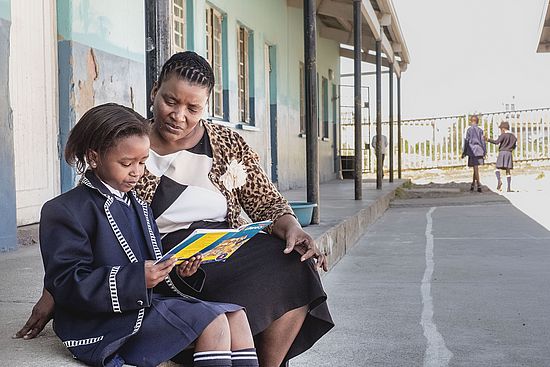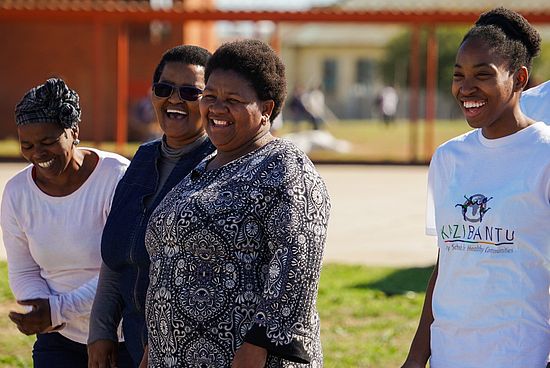Teacher perspectives on SACE-accredited Short Learning Programmes



SACE-accredited SLPs enhance teacher's motivation, confidence, and pedagogy in resource-constrained schools. However, sustainable impact requires ongoing support and school leadership buy-in.
Teachers are pivotal in implementing physical education (PE) in schools. However, economic constraints, including inadequate resources and facilities, overcrowded classes, and shortages of qualified PE teachers, particularly in resource-constrained settings, hinder the effective delivery of PE. In South Africa, only 25% of teachers delivering PE are subject specialists.
This study explores Short Learning Programmes (SLPs) accredited by the South African Council for Educators (SACE) to promote sustainability and professional recognition in Physical Education. Dr. Danielle Dolley presented this study at the Life Through Movement International Conference 2025, organized by the Biokinetics Association of South Africa (BASA) in Umhlanga. These SLPs provide practical, context-sensitive training and resource support aligned with UNESCO’s Quality Physical Education (QPE) framework and Fit4Life programme criteria, led by the UNESCO Chair on ‘Physical Activity and Health in Educational Settings’.
Conclusions and suggestions for further action in implementing the school-wide approach: expanding and further distributing the SLP training, improving scheduling, strengthening follow-up and departmental support, and involving school leadership in adaptive planning.
In resource-scarce schools, sustained Continuing Professional Teacher Development (CPTD) is essential for translating curriculum intent into meaningful PE. Our SACE-accredited, QPE-aligned SLPs show that practical, context-sensitive training can shift planning, participation, and teacher confidence, even where facilities and kit are limited. For durability, CPTD must be recognised, scheduled, and supported: early-year delivery, light termly refreshers, broader staff inclusion, and clear School Management Team (SMT) backing for timetables and simple adaptations. Together, these levers offer a scalable route to equitable and sustainable QPE, also supported and pursued by UNESCO.
Any further question can be directed to Dr. Danielle Dolley (Nelson Mandela University, Gqeberha, South Africa) or Dr. Deborah Zeller (University of Witwatersrand, Johannesburg, South Africa) on behalf of the UNESCO Chair team.
Quick Links


